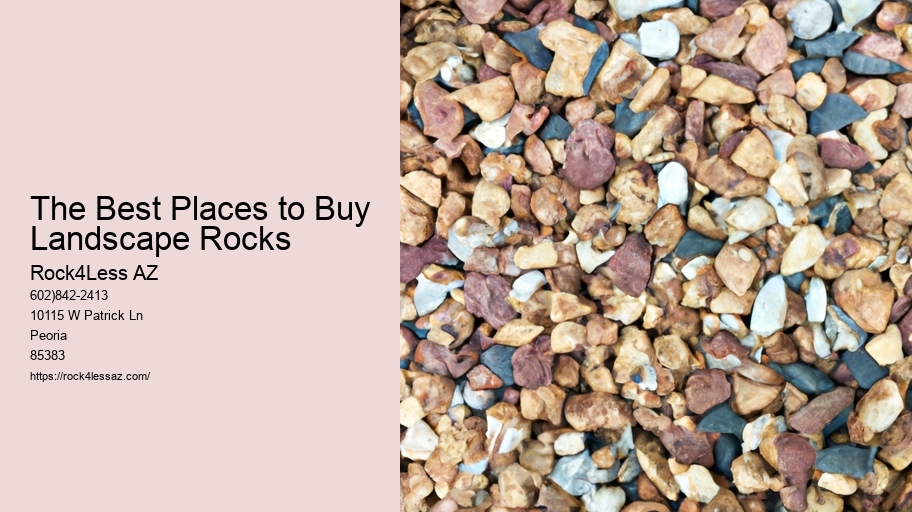In the garden of landscaping options, decorative stones stand as steadfast sentinels, guarding against the monotony of traditional greenery. These resilient pebbles offer a striking contrast and an opportunity to create visually appealing landscapes.
However, like any choice, they come with their own set of advantages and disadvantages.
This article aims to explore the pros and cons of using decorative stones in the garden, providing valuable insights for those seeking to enhance their outdoor spaces while mindful of practical considerations.
The Benefits of Using Decorative Stones in the Garden
One of the primary advantages of incorporating decorative stones in the garden is the enhancement they provide to the overall aesthetic appeal. Decorative stones add a touch of elegance and sophistication, transforming an ordinary garden into a visually stunning landscape.
The use of different colors, shapes, and textures of stones allows for a variety of creative designs and arrangements, enabling homeowners to create their own unique outdoor space. These stones can be used to create pathways, borders, or focal points, adding structure and definition to the garden.
In addition to their visual appeal, decorative stones also offer practical benefits. They help to prevent soil erosion, retain moisture, and suppress weed growth, reducing the need for excessive maintenance.
Drawbacks of Using Decorative Stones in the Garden
Despite their numerous benefits, there are certain drawbacks associated with using decorative stones in the garden. While they can enhance the aesthetic appeal and provide a low-maintenance solution, it is important to consider the following drawbacks:
Weed growth: Decorative stones do not prevent weed growth entirely. Weeds can still find their way through the gaps in the stones, requiring regular maintenance to keep them in check.
Heat retention: Stone surfaces tend to absorb and retain heat, which can be detrimental to certain plants, especially those that prefer cooler soil temperatures.
Drainage issues: The use of decorative stones can hinder proper water drainage, leading to water pooling around plants and potentially causing root rot.
Difficulty in planting: Planting and transplanting can be challenging in areas covered with stones, as the stones need to be moved and replaced each time.
Maintenance: While decorative stones require less maintenance compared to other garden materials, they still need occasional cleaning to remove debris and prevent the growth of moss or algae.
Despite these drawbacks, if managed properly, decorative stones can still be a valuable addition to any garden.
